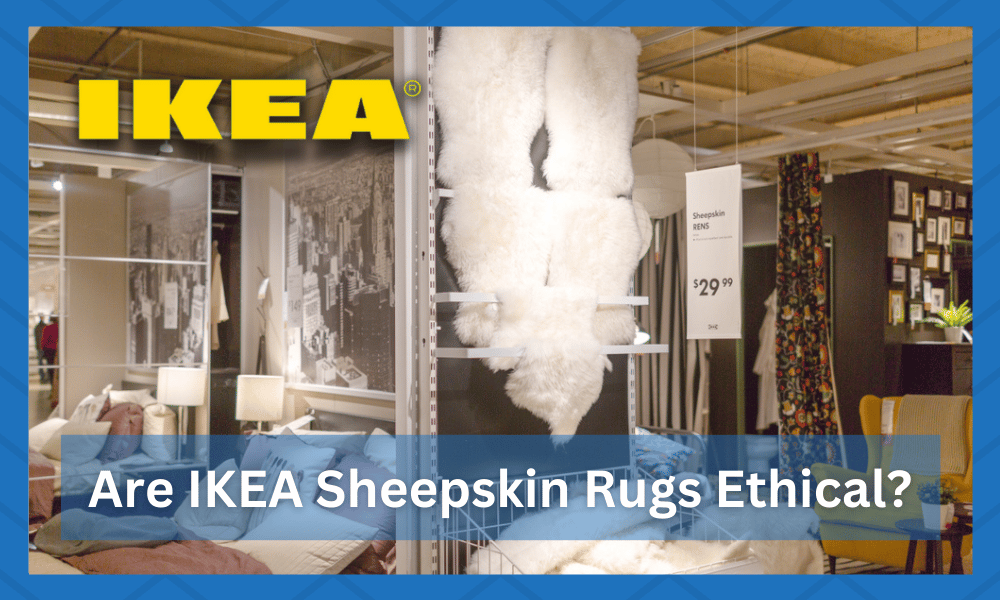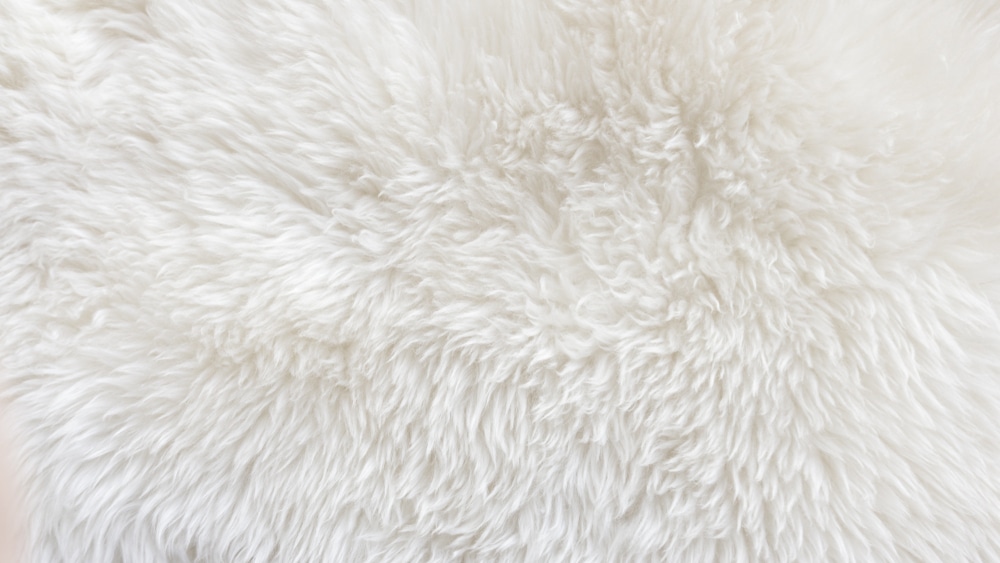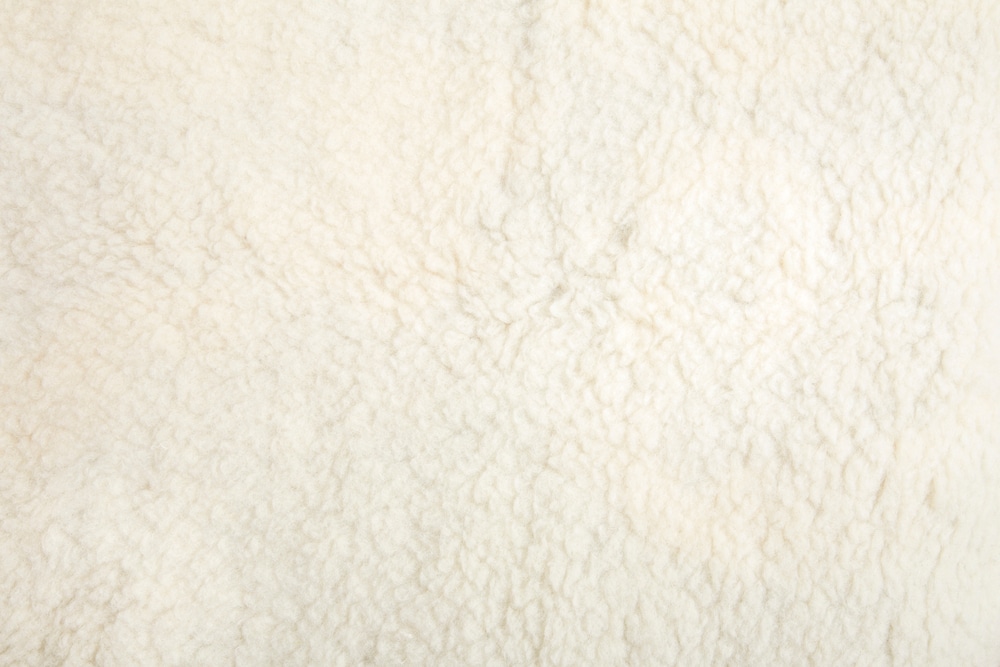
The answer to that question varies widely over the internet and depends on how ethical it is defined.
IKEA strives to be ethical and environmentally conscious, including its sheepskin rugs. In fact, they have a faux sheepskin that has won an award from PETA.
It is important to remember that IKEA is a large company and, like all companies, there are bound to be some questionable practices.
However, overall, IKEA seems to be trying to do the right thing regarding ethics and environmentalism.
Sheepskin is the remaining skin after an animal has been slaughtered, usually for meat. While some countries don’t like the taste of mutton, others do.
Also, many pet foods use sheep meat in their recipes. Therefore, animals don’t go to waste.
Some people argue that buying a sheepskin rug from IKEA is more ethical than buying one from a company that engages in unethical practices, such as using child labor or forcing animals to live in inhumane conditions.
Are IKEA Sheepskin Rugs Ethical?
What is Sheepskin, and where is it used?
Sheepskin is the skin of a sheep with the wool still attached. It is used in various products, including clothing, footwear, rugs, and upholstery.
Most of the world’s sheepskin production occurs in China, Australia, and New Zealand. In China, most sheep are raised for their meat, and the skins are a by-product.
In Australia and New Zealand, sheep are grown primarily for their wool, with the skins being a by-product.
How is Sheepskin Rug Made?
The process of making a sheepskin rug starts with the skinning of the animal. The skin is then tanned, and the wool is sheared off.
The hide is then cut into shapes and sewn together. The result is a soft, plush rug that is comfortable to walk on and has a unique appearance.
What are the benefits of Sheepskin Rugs?
Sheepskin rugs have several benefits. They are naturally hypoallergenic and absorb moisture, making them ideal for use in high-traffic areas or rooms where you want to keep the floor dry.
They are also flame-resistant and naturally insulating, making them a good choice for use in bedrooms or in front of fireplaces.
Sheepskin rugs add a touch of luxury to any room and create a warm atmosphere.
What steps has IKEA taken to ensure ethical practices in animal slaughtering?
To ensure ethical practices in animal slaughtering, IKEA has implemented many different policies.
For example, they only work with suppliers who follow strict guidelines on how the animals are treated.
In addition, IKEA has a team of auditors who regularly visit the facilities where the animals are slaughtered to ensure that everything is up to par.
What is IKEA’s position on faux Sheepskin?
IKEA’s position on faux Sheepskin is that it is a more ethical option than real Sheepskin. The animals are not harmed in the production of faux Sheepskin.
In addition, faux Sheepskin is more environmentally friendly because it doesn’t require the use of any harmful chemicals or dyes.
There are a large number of people who don’t wish to use any animal products, including leather and fur.
It is unlikely that they will consider any such use ethical, no matter what. That is why the question of ethics is a little harder to answer.
Some who don’t wish to use leather are willing to use wool. For them, faux Sheepskin may be the better choice. It is made from wool but sewn to a cotton backing.
That way, their consciousness may be clear while they benefit from the wool.
Why is Sheepskin so important? It has many uses. Most people think of it more as a rug, a means to keep the feet warm on a cold winter day.
Some think of them as UGG boots. Yes, many are made from Sheepskin, although not all of them.
However, Sheepskin has medical use as well. The lanolin found in wool is an excellent remedy for fragile skin.
Infants and the elderly are often told by doctors and/or nurses to use these products to prevent skin problems such as bed sores.
Lanolin can be obtained from wool, as well. However, it is not in as much abundance.
It can be purchased in lotions, but is it more ethical than using a sheepskin? Again, the question depends on what the definition of ethics is.
In some areas of the world, temperatures are so cold that using fur is more of a necessity than a choice.
Animal furs are designed to keep the animal warm, and that is especially true of sheep. In those countries, if we were to ask about ethics, they would comment that one has to be alive to consider ethics.
What are some of the other benefits of faux Sheepskin?
Some of the other benefits of faux Sheepskin include the fact that it is easier to care for and is more durable than real Sheepskin.
In addition, faux Sheepskin can be made in a variety of colors and patterns, which gives you more options when it comes to decorating your home.
What are ethics?
Ethics are universally defined moral principles. These principles guide people in making decisions about what is right and wrong.
Many factors, such as culture, religion, and personal beliefs, can influence someone’s ethical system.
While animal ethics is a complex topic, some general principles that most people agree on include the idea that animals should not be subjected to unnecessary suffering.
Regarding animal slaughter, IKEA only works with suppliers who follow strict guidelines on how the animals are treated.
In addition, IKEA has a team of auditors who regularly visit the facilities where the animals are slaughtered to ensure that everything is up to par.
This demonstrates IKEA’s commitment to the ethical treatment of animals.
Regarding faux Sheepskin, IKEA’s position is that it is a more ethical option than real Sheepskin. This is because no animals are harmed in the production of faux Sheepskin.
In addition, faux Sheepskin is more environmentally friendly because it doesn’t require the use of any harmful chemicals or dyes.
- The animals should be well treated.
- The animals should be killed quickly and painlessly.
- There should be no waste of the animal’s carcass.
- The environment should not be polluted by the slaughter process.
These are some of the general principles that most people agree on when it comes to animal ethics.
Does IKEA have a governing body for such issues?
IKEA does have a governing body for such issues. The IKEA Foundation is a non-profit organization that was set up in 1982.
The foundation’s mission is to “improve the lives of children and young people living in poverty and exclusion.” In addition, the foundation works to “promote resource efficiency and environmental sustainability.”
One of the foundation’s main goals is to “support work that promotes children’s rights and equality for all, regardless of gender, ethnicity, religion or disability.”
This includes working to end child labor and human trafficking. In addition, the foundation provides educational opportunities for children and young people living in poverty.
The IKEA Foundation has a team of experts who work on projects related to animal welfare.
This includes funding research on the topic and working with organizations that are working to improve the lives of animals.
One example of a project that the IKEA Foundation has funded is a study on the impact of industrial chicken farming on the welfare of chickens.
The study found that most chickens in industrial farms are kept in conditions detrimental to their health and well-being.
As a result, the IKEA Foundation is working with organizations to improve the lives of chickens in industrial farms. This demonstrates IKEA’s commitment to animal welfare.
Does IKEA do this? They say so, and I have no proof otherwise. All usable parts of the animal should be used. Does IKEA do this?
Again, they say so. Do I think they are ethical? Probably, at least by my standards.
I have a relative who would probably be a Jainist if he were to profess a religion. He doesn’t wear leather shoes or a leather belt.
He doesn’t eat meat. Would IKEA’s sheepskin products be considered ethical by him? Probably not. Maybe, the faux Sheepskin, but I suspect even that is pushing it.
It really depends on your definition of ethics.
For various reasons, IKEA’s position is that faux Sheepskin is the more ethical choice.
If you are looking for an animal product alternative that is easy to care for and more durable than real Sheepskin, then faux Sheepskin may be the right choice.
Is real sheepskin ethically wrong to use? The answer to this question cannot be dictated by someone else. Use the standards you have for the ethical treatment of animals. We hope this article was helpful.







